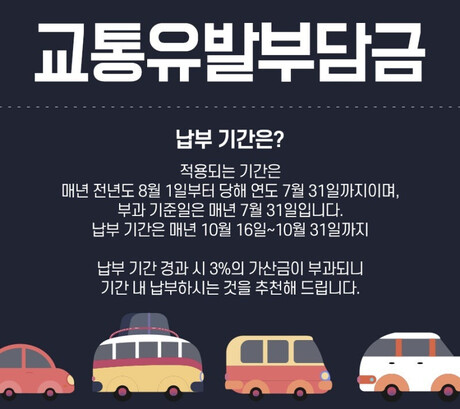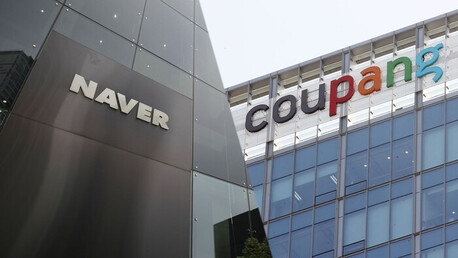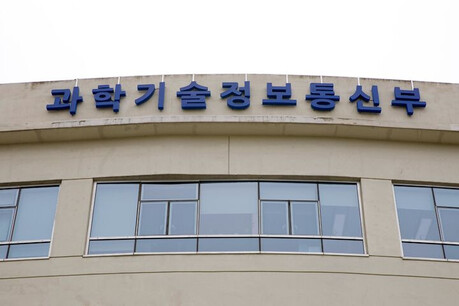
Beijing – China's highest decision-making body, the Politburo of the Communist Party, has signaled a hardening stance in its trade dispute with the United States, indicating a readiness for a prolonged confrontation. A recent meeting chaired by President Xi Jinping saw top officials discuss the economic ramifications of the ongoing tariff war and commit to preparing for a potential "worst-case scenario."
The Politburo, comprising the Party's top echelons, acknowledged the increasing headwinds facing China's economic recovery amidst escalating external pressures. In an official communique released following the meeting, the body stressed the need to "think with a worst-case mindset and make sufficient preparations to earnestly advance economic work." The overarching strategy will prioritize "stability while seeking development" and involve a "comprehensive advancement of domestic economic work and international economic and trade 'struggles'."
A key focus of the Politburo's deliberations was ensuring employment stability, a pressing concern given the anticipated full impact of the recently announced 145% US tariffs on Chinese goods, expected to materialize from May onwards. To mitigate potential job losses, the Politburo approved measures to increase unemployment insurance refunds for companies significantly affected by the trade tensions. Additionally, financial support in the form of expanded lending will be extended to businesses grappling with operational difficulties. These measures build upon the existing unemployment insurance scheme, where Chinese firms contribute 1% of wages, with large enterprises currently eligible for a 30% refund and SMEs for a 60% reimbursement.
Despite emphasizing the importance of stimulating domestic consumption to bolster the economy, the Politburo refrained from unveiling any large-scale economic stimulus packages. Instead, the strategy appears to be centered on maintaining the current expansionary fiscal and accommodative monetary policies, with a strong emphasis on the efficient and swift implementation of already existing measures.
This cautious approach has been cautiously welcomed by some domestic economic observers. Caixin, a prominent Chinese financial news outlet, deemed it a "reasonable" strategy, suggesting that the current policy framework possesses sufficient capacity to cushion potential economic shocks in the second quarter. In line with this, the government has already commenced the issuance of 1.3 trillion yuan in ultra-long-term special treasury bonds and various local governments have introduced initiatives aimed at boosting consumer spending. Furthermore, the National People's Congress Standing Committee is scheduled to deliberate on measures to further promote the private sector.
Looking ahead, analysts anticipate that more assertive contingency measures, potentially including interest rate reductions, may be deployed after the third quarter if the economic situation warrants further intervention. Bloomberg's survey of economists suggests that the People's Bank of China is likely to lower the reserve requirement ratio for banks in the current quarter, followed by another round of liquidity injection later in the year.
The Politburo's resolute tone has been interpreted by international observers as a clear indication of Beijing's anticipation of a prolonged and challenging trade environment. Song Wentao of the Atlantic Council commented that the meeting's outcome "clearly suggests that the international macroeconomic environment is viewed as hostile," signaling that "China is digging in and preparing for a long trade war with the United States."
Adding another layer of complexity to the situation, a public disagreement has emerged between Washington and Beijing regarding the status of trade negotiations. President Trump recently claimed that President Xi had contacted him and that a trade deal was imminent. However, Chinese authorities swiftly refuted these claims, labeling them as inaccurate.
The South China Morning Post reported that while Beijing is exploring avenues for discreet negotiations, the US has consistently rejected China's preferred approach to discussions, leading to a stalemate. Given their deep-seated distrust of official Trump administration figures, Chinese officials are reportedly seeking to establish trust through informal channels. However, analysts suggest that even this strategy faces significant hurdles, with conservatives within Trump's inner circle reportedly wary of engaging with Chinese counterparts.
[Copyright (c) Global Economic Times. All Rights Reserved.]






























